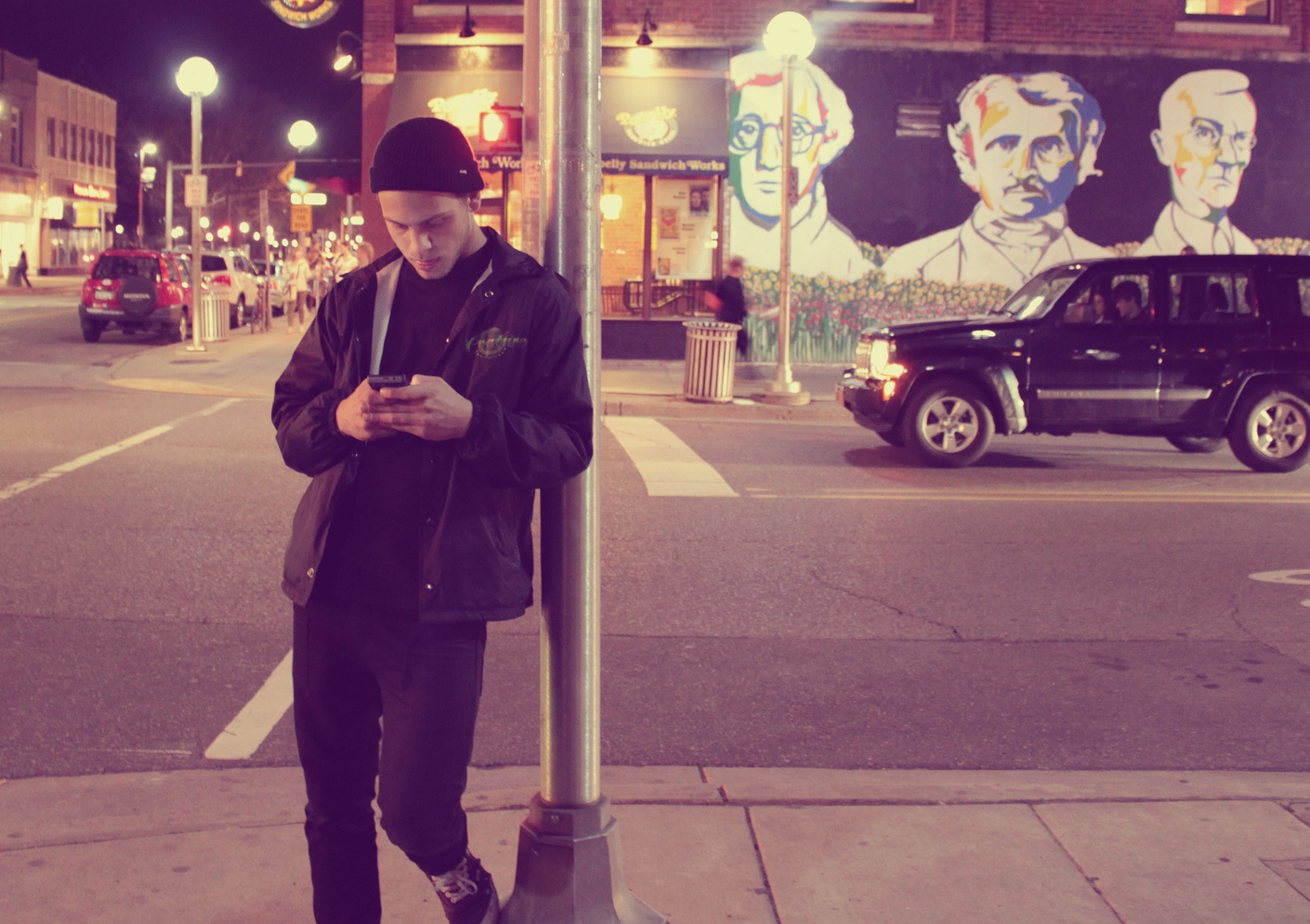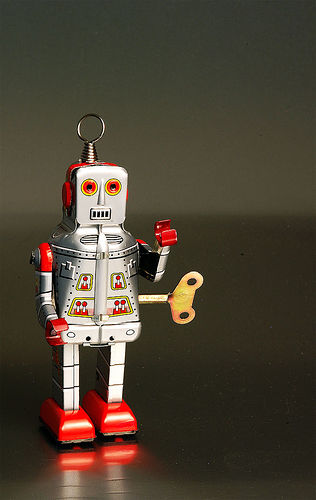Unbundling Tech
A story of unbundling in the tech industry: 20 years of consumer Internet evolution.
Once upon a time there was AOL, which was a completely integrated Internet access/information/communication service. Then Yahoo came along and unbundled the information/communication parts like email/IM/sports-scores/stock-quotes from the access service. One of the things you could do on Yahoo was search, then Google came along and unbundled that.
You can search for anything on Google, including people; Facebook came along with a much better way to just search for people. Three things you can do on Facebook are messaging, photo sharing, and status updates; therefore Whatsapp, Instagram, and Twitter. And yes, Yo unbundles the creation & existence of a message from the contents of a message, unbundling Whatsapp and Twitter :-).
Ev Williams (@ev) is the modern genius of this concept–playing out in our industry continuously since the 1950’s. The part people often miss is that you can get extremely powerful second/third order effects at each step with his pattern. The entrepreneurs generally have a pretty good sense of this when they’re doing it, but it doesn’t become clear to others until later. This is a pattern what we love to fund: unbundle X from Y, but then use the liberation of X as leverage to do amazing new things with X. And the howls of press and analyst outrage at the apparent stupidity of each unbundling are very helpful for keeping valuations down :-).
Source: Tweets – 1,2,3,4,5,6,7,8,9,10,11,12
Responses:


